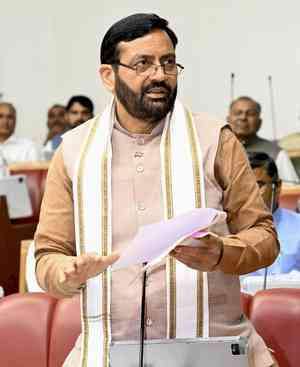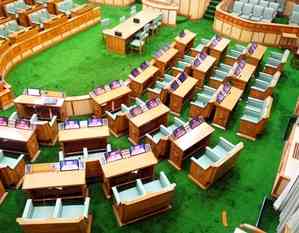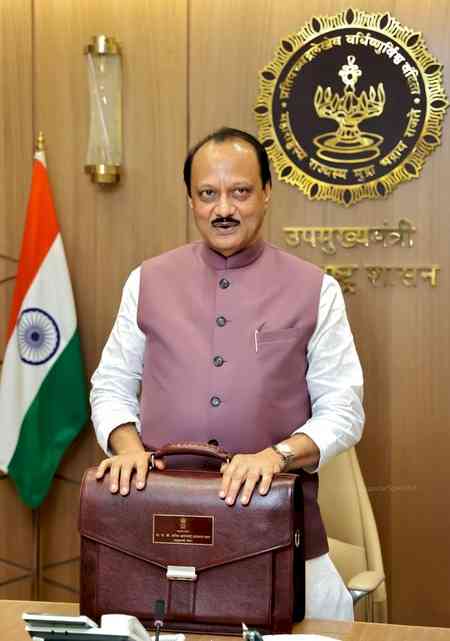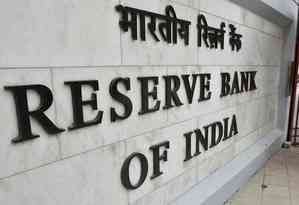Pong Dam Lake to be developed as a prime tourist destination under Swadesh Darshan 2.0
Union Tourism Minister Gajendra Singh Shekhawat announced that the Government of India has decided to develop Pong Dam Lake in Kangra district as a key destination under the Swadesh Darshan 2.0 scheme. This information was shared in response to a query by Lok Sabha MP Dr. Rajiv Bhardwaj from the Kangra-Chamba Parliamentary Constituency.
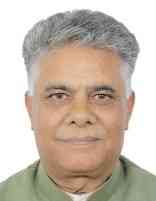
Dharamshala, December 18, 2024: Union Tourism Minister Gajendra Singh Shekhawat announced that the Government of India has decided to develop Pong Dam Lake in Kangra district as a key destination under the Swadesh Darshan 2.0 scheme. This information was shared in response to a query by Lok Sabha MP Dr. Rajiv Bhardwaj from the Kangra-Chamba Parliamentary Constituency.
Pong Dam Lake, also known as Maharana Pratap Sagar, is a sprawling reservoir located in the Fatehpur, Jawali, and Dehra tehsils of Kangra district, Himachal Pradesh. Created in 1975 with the construction of India's highest earthfill dam on the Beas River, this wetland zone within the Shiwalik Hills serves as a renowned wildlife sanctuary. Recognized as one of India's 49 Ramsar Convention international wetland sites, it spans an impressive 24,529 hectares (60,610 acres).
In addition to Pong Dam Lake, Shekhawat revealed that under Swadesh Darshan 2.0, Kaza in Lahaul-Spiti district has been chosen for development under the "Challenge-Based Destination Development" category for culture and heritage, while Rakcham-Chitkul in Kinnaur district has been selected in the "Vibrant Village" category.
The Minister emphasized that these initiatives aim to promote sustainable and responsible tourism across the country.
He further highlighted that under the earlier phase of the Swadesh Darshan scheme, a Himalayan Circuit Project worth ₹68.34 crore was approved in 2016-17 for the development of prominent tourist destinations including Kiarighat, Shimla, Manali, Hatkoti, Kangra, Dharamshala, Bir, Palampur, and Chamba.
The developments are expected to significantly boost tourism, preserve heritage, and encourage eco-friendly practices in these regions.


 Arvind Sharma
Arvind Sharma 
